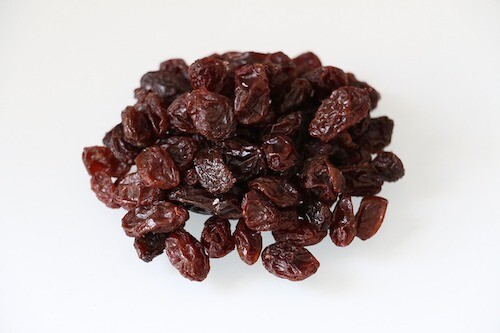Dogs are often considered part of the family, sharing in our daily lives and sometimes even our meals. However, it’s crucial to remember that not all human foods are safe for our canine companions. While it might be tempting to share a bite of your favorite snack with your furry friend, some foods that we consider delicious and harmless can be toxic or harmful to dogs, leading to serious health issues or even fatalities. Understanding which foods pose a risk is essential for any dog owner who wants to ensure their pet’s well-being and longevity.
This article delves into the top 10 human foods that could harm your dog, highlighting the potential dangers and symptoms of ingestion. By being informed about these hazards, you can take the necessary precautions to protect your furry friend from accidental poisoning and keep them happy and healthy. Whether it’s a seemingly innocuous treat like grapes or a festive indulgence like chocolate, knowing what to avoid will help you make safer choices for your dog’s diet.
Additionally, this knowledge is not only vital for preventing accidental ingestion but also for educating other family members and visitors about the risks. Proper education and vigilance can significantly reduce the chances of your dog encountering harmful foods. Read on to discover which common foods could spell trouble for your pet and learn how to keep your kitchen and dining habits dog-safe. Ensuring your dog’s diet is free from these dangerous foods is a critical step in responsible pet ownership.
2Grapes & Raisins

Grapes and raisins have been found to be highly toxic for dogs, causing sudden kidney failure in some cases. While the exact cause of this toxicity is unknown, it’s best to err on the side of caution and keep these fruits away from your canine companion.
Ingestion can lead to severe symptoms such as diarrhea, vomiting, decreased appetite, lethargy, and abdominal pain. If left untreated, it can even be fatal. It is also important to note that all forms of grapes and raisins are potentially dangerous—fresh or dried—so any form should not be given to a dog at any time.
Kidney failure caused by grape or raisin ingestion can occur rapidly, within 24-72 hours, and can result in long-term health issues or death. The toxicity does not appear to be dose-dependent, meaning even small quantities can be dangerous. Dogs showing signs of grape or raisin poisoning should be seen by a veterinarian as soon as possible. Treatment often includes inducing vomiting, administering activated charcoal to absorb toxins, and providing intravenous fluids to support kidney function and promote the excretion of toxins.
Preventing access to grapes and raisins, as well as educating those around you about the dangers, is the best way to protect your dog. Always be vigilant with foods left within reach of pets, and consider keeping a list of toxic foods handy for reference.

